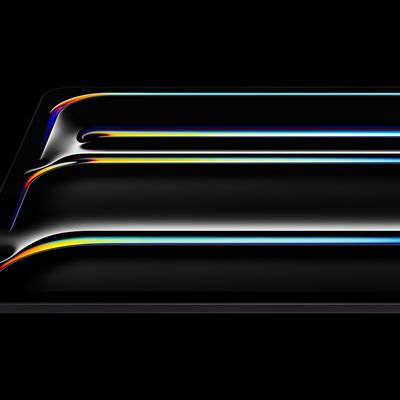Parallels Desktop 11 for Mac Released With Windows 10 and Cortana Support
Parallels today announced the release of Parallels Desktop 11 for Mac with dual support for OS X El Capitan, Windows 10 and always-on access to Microsoft's intelligent personal assistant Cortana. Parallels Desktop 11 for Mac Business Edition and Parallels Desktop for Mac Pro Edition were also released for business customers, developers, designers and power users.

Parallels Desktop 11 for Mac is virtualization software that enables users to use OS X El Capitan and Windows 10 side by side without rebooting, including full support for Windows and Mac apps. The software includes a setup assistant for switching from PC to Mac, one-click optimization settings, Linux and Google Chrome support, advanced security features and more.
The latest version of Parallels Desktop also features Quick Look for Windows documents, Travel Mode for temporarily shutting down resource-intensive services to extend battery life, location services in Windows apps and easy upgrading from Windows 7 or Windows 8.1. Performance improvements include up to 50% faster boot and shut down times, up to 15% longer battery life and up to 20% faster tasks.
Parallels Desktop 11 for Mac is $79.99 with a free 14-day trial available, while customers with Parallels Desktop 9 or newer can upgrade for $49.99. Parallels Desktop 11 for Mac Business Edition and Pro Edition both retail for $99.99 per year with faster 64GB virtual RAM / 16 vCPUs for each virtual machine and extended premium 24/7 phone and email support.
Popular Stories
While the iPhone 17 Pro and iPhone 17 Pro Max are not expected to launch until September, there are already plenty of rumors about the devices.
Below, we recap key changes rumored for the iPhone 17 Pro models as of March 2025:
Aluminum frame: iPhone 17 Pro models are rumored to have an aluminum frame, whereas the iPhone 15 Pro and iPhone 16 Pro models have a titanium frame, and the iPhone ...
With the second release candidate of iOS 18.4 that Apple seeded out today, the company finally provided us with release notes that give a full rundown on what to expect.
There's an Apple Vision Pro app, new Apple Intelligence features for notifications and additional language support, plus an Apple News Food feature for Apple News+ subscribers, and several updates that should improve the...
Apple is reportedly working on a new Magic Mouse. Below, we recap what to expect.
The two key rumors for the Magic Mouse 3 so far include a relocated charging port, along with a more ergonomic design.
It was briefly rumored that the Magic Mouse 3 would also feature voice control, but that was misinterpreted information.
Relocated Charging Port
While the Magic Mouse switched from...
Apple's big developer event is a little over two months away, and rumors about what we can expect to see in Apple's next major operating system updates are becoming increasingly frequent.
A public release of iOS 18.4 is also imminent with a number of updates and improvements, although we won't be getting the major Apple Intelligence Siri upgrades that had reportedly been planned for this...
We've been hearing rumors about a foldable iPhone for almost a decade now, but it looks like we might finally see the device come to fruition in 2026. We're going to be waiting many more months for the foldable iPhone, but so far we're hearing good things.
Apple wants to make it creaseless. It's taken Apple multiple years to design a foldable iPhone that it's satisfied with because Apple ...
Multiple sources have claimed that iOS 19 will introduce a new design with more translucent buttons, menus, notification banners, and more, and there is now another clue that points towards this glass-like appearance.
Bloomberg's Mark Gurman today said the new design project is codenamed "Solarium" internally. A solarium is a room with glass walls that allow in plenty of sunlight, so this...
Apple today released iOS 18.4 and iPadOS 18.4, the fourth major updates to the iOS 18 and iPadOS 18 operating system updates that came out last year. iOS 18.4 and iPadOS 18.4 come two months after Apple released iOS 18.3 and iPadOS 18.3.
Subscribe to the MacRumors YouTube channel for more videos.
The new software can be downloaded on eligible iPhones and iPads over-the-air by going to...
Apple's next-generation iPad Pro models with the M5 chip will "launch this year," according to Bloomberg's Mark Gurman.
In his Power On newsletter today, Gurman said the new iPad Pro models have progressed to an "advanced testing" stage, and he expects mass production of the devices to begin in the second half of this year. If that timeframe is met, the new iPad Pro models could launch...























